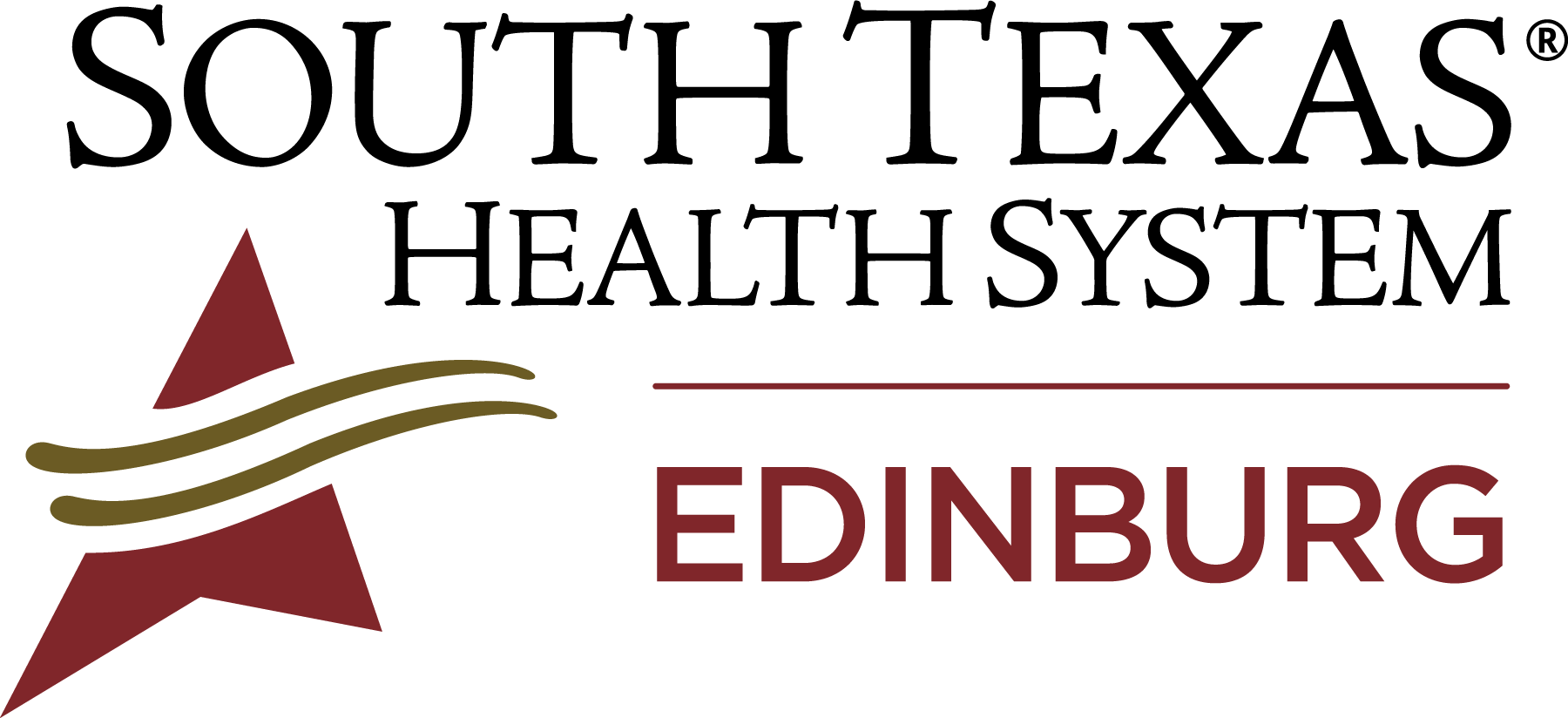Help for Sleeping Difficulties
A good night’s sleep is vital to your overall health and productivity. While increased demands at work and home certainly play a factor in our sleeplessness, many people experience sleep deprivation because of a chronic sleep disorder such as insomnia, obstructive sleep apnea or restless leg syndrome.
South Texas Health System Sleep Center offers comprehensive sleep study sessions for both adults and children to help diagnose and treat a wide range of sleep disorders. Comfortably furnished bedrooms provide a relaxing environment where you can take the first step toward getting back on track for a good rest, every time.
Alastair G. Lynn-Macrae, MD, Medical Director of South Texas Health System Sleep Center, is board certified in sleep medicine.
Sleep Disorder Symptoms
- Difficulty falling or staying asleep
- Excessive daytime sleepiness
- Irritability
- Leg cramps or an uncontrollable urge to move your legs while resting
- Morning headaches
- Restless sleep
- Snoring
- Waking up gasping for air or choking
Schedule a Sleep Study Consultation
If the symptoms of a sleep disorder are keeping you from getting the rest you need, call 956-213-0403 to schedule a sleep study consultation.
Common Sleep Disorders
Insomnia
Insomnia is the inability to fall asleep or stay asleep. Possible causes of insomnia include stress, jet lag and diet. People with narcolepsy suffer frequent "sleep attacks" throughout the day, even if they had a normal amount of nighttime sleep.
Obstructive Sleep Apnea
Obstructive sleep apnea is a disorder of interrupted breathing during sleep, most often due to obstructive tissue in the upper respiratory system. Loud, habitual snoring is a common symptom of sleep apnea. South Texas Health System Edinburg became the first hospital south of San Antonio to perform an innovative treatment for obstructive sleep apnea, known as the Inspire Sleep Apnea Innovation. Considered a breakthrough in the treatment of sleep apnea, the FDA-approved procedure consists of an implanted system that delivers mild stimulation to the hypoglossal nerve, which controls the movement of the tongue and other key airway muscles. By stimulating these muscles, the airway remains open during sleep.
Periodic Limb Movement Disorder
Periodic limb movement disorder (PLMD) involves sporadic, involuntary movements or jerks during sleep, usually occurring at 30-second intervals.
Restless Leg Syndrome
Restless leg syndrome (RLS) is caused by a prickling or tingling sensation in the legs and feet, which people try to relieve by moving their legs during sleep. RLS often is found in middle-aged or older adults.
Relation to Other Health Issues
Lack of adequate sleep has been linked with many chronic diseases and conditions, such as heart disease, obesity and depression.* Children with obesity are at higher risk for having other chronic health conditions and diseases, including sleep apnea.**
*National Institutes of Health
**Centers for Disease Control
